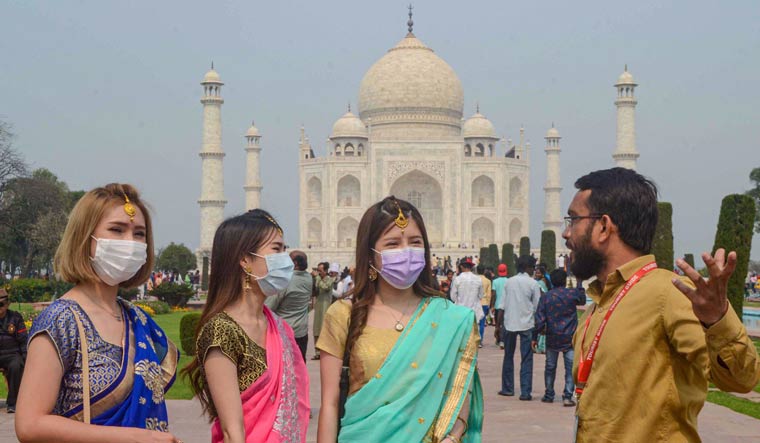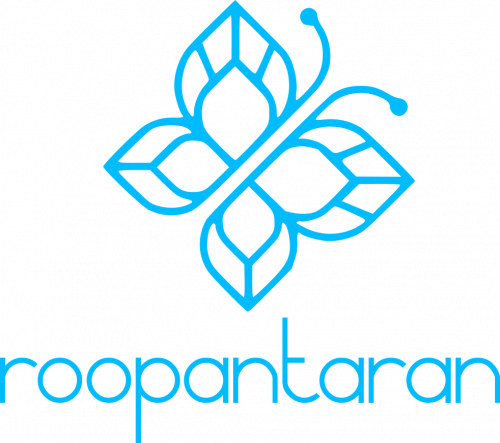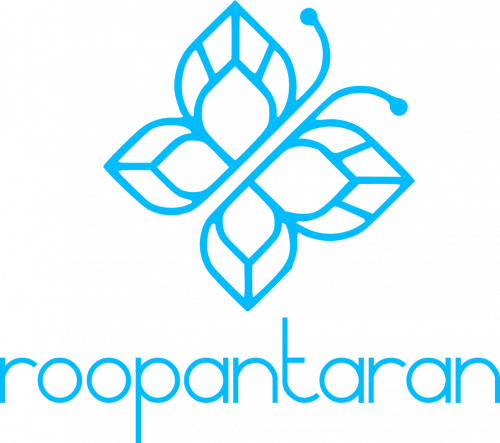
Coronavirus: 8 measures recommended by WHO to prevent infection
The epidemic caused by the Chinese coronavirus continues to take on new victims and victims worldwide. The health authorities, with the World Health Organization (WHO) at the helm, have reported on several occasions that the mortality rate of this virus is around 2% (that of the common flu is 1%) and It mainly affects older people with different health conditions. However, the widespread ignorance and alarm that has been created around the world have caused them to start circulating all kinds of hoaxes through WhatsApp , as well as recommendations to prevent contagion.
The Ministry of Health published a few weeks ago a protocol of action against possible cases of infection that take place in our country, with a series of guidelines for the citizen to minimize the risk of infection. This protocol follows the one that WHO itself launched a few weeks ago and that in recent hours has been shared through WhatsApp groups. These are the 8 basic protection measures to prevent contagion.
Avoid close contact.
It is recommended to avoid "close contact" not only with people who may have been in the affected area, but with all those who show "signs of respiratory condition such as coughing or sneezing." At first it was thought that the virus was transmitted in only one direction, from animals to people, but research confirmed that it can happen from person to person , through the air droplets.
"Keep at least 1 meter away between you and other people, particularly those who cough, sneeze and have a fever. Why? When someone with a respiratory illness, such as 2019-nCoV infection, coughs or sneezes, projects small droplets that contain the virus. If it is too close, you can inhale the virus, "says the Ministry of Health.
Frequent hand washing
As with other viruses such as influenza, frequent hand washing is the most effective measure both to prevent infection and to prevent the spread of the virus. This is reflected in the document prepared by Health: "Generic measures of individual protection against respiratory diseases [such as pneumonia caused by the Wuhan virus] include hand hygiene (washing with soap and water or alcoholic solutions) ".
This washing should be done by rubbing palm on palm with enough soap, then interlacing the fingers, and rubbing the backs of the fingers against the palm. In addition, you should perform a rinse that includes the area of the forearms and reaches the elbow, and drying with disposable paper towels. "This process should take between 40 and 60 seconds . "
Cover your mouth and nose
The Ministry of Health also advises covering your mouth and nose with tissues or with a cloth when you cough or sneeze. It is more than usual to see how the people we have around us and with whom we agree in public transport cough or sneeze on the hand.
Everyone coughs in the hand. And of course, neither washed, nor gel, or anything. With this level of knowledge / attitude to viral respiratory infections we take it clear if something fat comes." If we do not have disposable tissues, it is best to cover your mouth with your forearm , to prevent possible droplets from spreading through direct contact.
Avoid touching your eyes, nose and mouth
Hands touch many surfaces that may be contaminated with the virus. If you touch your eyes, nose or mouth with contaminated hands, you can transfer the virus from the surface to itself.
If you have a fever, cough and trouble breathing
If you go to a health center for any type of respiratory condition, WHO recommends informing physicians if you have traveled to an area where the presence of 2019-nCoV has been notified or if you have had close contact. with someone who has traveled to one of those places and has respiratory symptoms.
"Whenever you have a fever, cough and shortness of breath, it is important that you seek medical attention immediately, as these symptoms may be due to a respiratory infection or another serious condition," the document said. "Respiratory symptoms with fever can have various causes, and depending on your travel history and personal circumstances, 2019-nCoV could be one of them."
If you have mild respiratory symptoms
In the event that the respiratory symptoms are mild and you have not traveled to any of the areas affected by the coronavirus, the WHO recommends practicing "basic hand and respiratory hygiene" and staying home until recovery occurs. Most likely, our condition is not related to the coronavirus.
Raw or undercooked animal products
Likewise, the Ministry of Health and WHO also advise handling raw meat, milk and animal organs carefully "in order to avoid cross-contamination with raw foods, in accordance with good food safety practices".
The mask is only for the sick
As the protocol indicates, if we are healthy, we do not need to wear a mask. We repeat: we do not need to wear a mask. You only need to wear a mask "if you take care of someone suspected of being infected with Covid-19" or if you have a cough or sneeze. "The masks are only effective if they are combined with frequent hand washing with a hydro-alcoholic solution or with soap and water."
-
February 27th, 2026
-
February 24th, 2026
-
February 24th, 2026
-
7 Reasons to Choose a Hand Block Printed Duffle Bag for Your Next Trip
February 21st, 2026 -
February 13th, 2026






